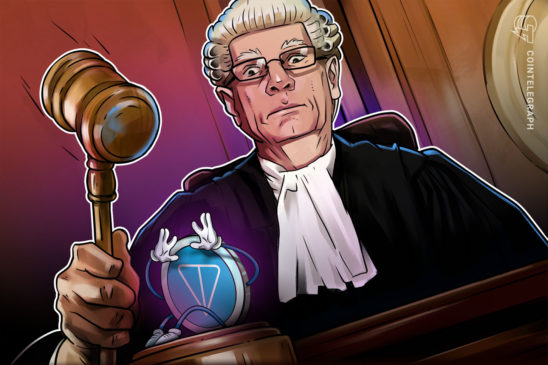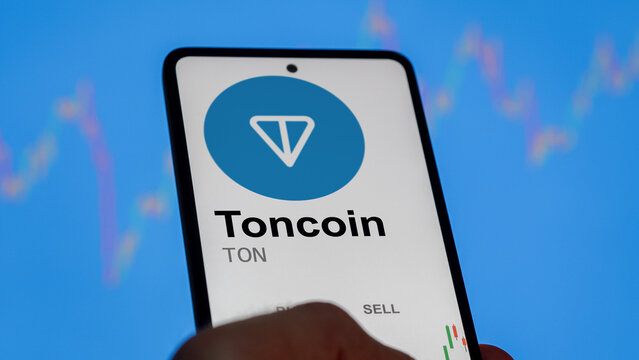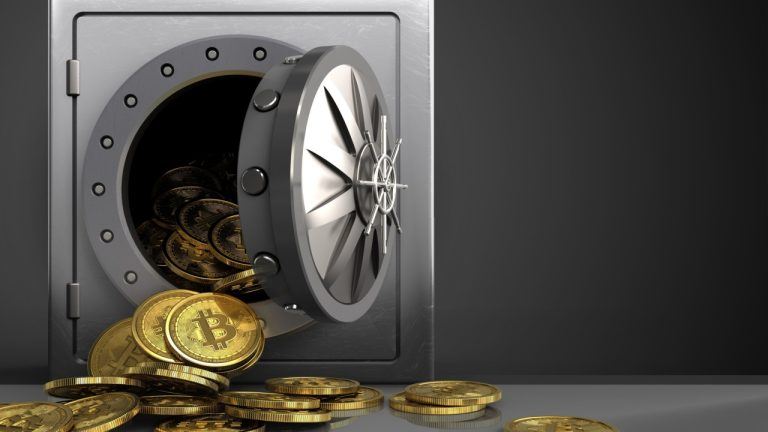Shortly after lifting the country’s Telegram ban, Russian authorities began investigating potentially fraudulent offerings involving the company’s unlaunched token, Gram. The token was at one time meant to serve a new blockchain ecosystem known as the Telegram Open Network, or TON.
Reports indicate that Russian prosecutors are set to investigate a British firm that allegedly sold fraudulent tokens related to Telegram’s terminated blockchain project. The news was reported on July 3 by the local news agency, Baza.io.
According to the report, the action was brought to a local investigative committee by “several Russian entrepreneurs” that claimed to have purchased $11.7 million in Gram tokens.
Telegram CEO Pavel Durov officially announced closure of the TON project on May 12. At that time, the Russian investors reportedly attempted to terminate their contract with the British company. Allegedly having Russian roots itself, the unnamed British firm reportedly wrote off $1.5 million in commissions, having returned just $10.2 million to investors, according to Baza.
Telegram apparently returned 72% to investors in a total $1.2 billion refund
This news comes soon after Telegram apparently settled its long-running legal battle with American authorities over the company’s $1.7 billion initial coin offering, or ICO. The ICO involved roughly $400 million in investments from United States citizens.
On June 26, the U.S. court’s final judgement required Telegram to return $1.2 billion to investors. Telegram purportedly has already repaid the amount, with some U.S. investors confirming that they received a 72% refund. This amount is in line with Telegram’s original reimbursement scheme.
Recent developments in Russia
Russia’s interest in Gram comes against the backdrop of some meaningful regulatory changes. After two years of unsuccessful efforts to block Telegram messenger in the country, Russian authorities suddenly decided to lift the ban on June 18. The decision came just a few weeks before Russia conducted a seven-day long constitutional vote — the results of which could potentially allow President Vladimir Putin to extend his 20-year rule until 2036.




